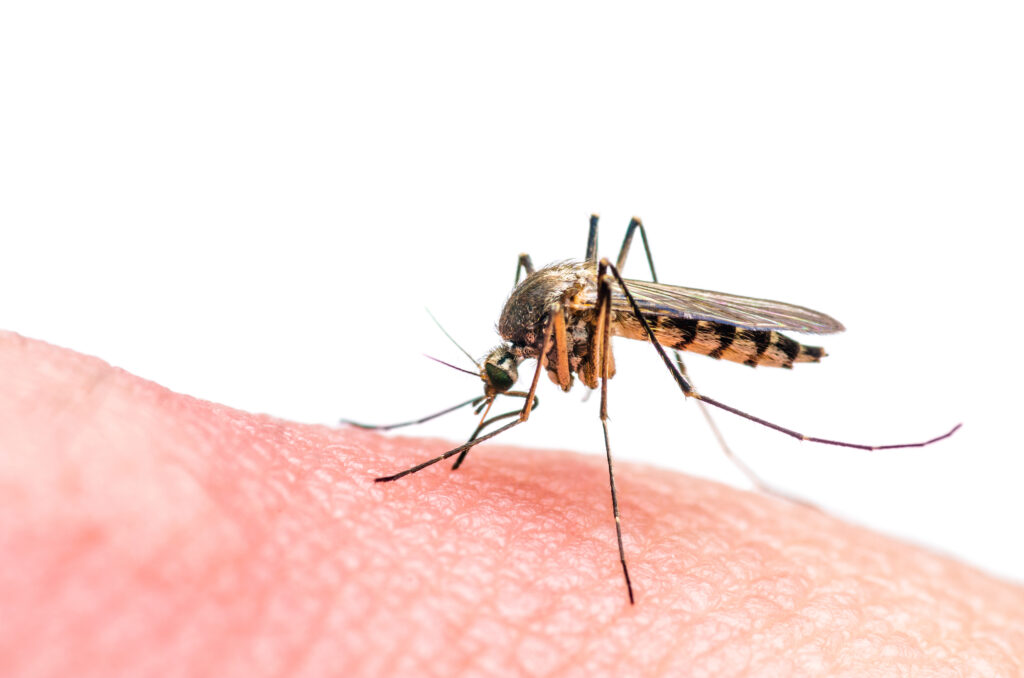Labrador tea is a traditional remedy brewed from the leaves of various closely related plants of the genus Rhododendron. Commonly used by the Inuit and Indigenous nations in the U.S. and Canada to treat colds and flu, headaches or stomach aches, nasal congestion, and many other ailments, various types of Rhododendron plants have been shown in past studies to feature compounds with antimicrobial properties, which could help fight antibiotic-resistant microbes.
Dwarf Labrador tea, (Rhododendron subarcticum), produces a particularly aromatic brew and grows in the harsher conditions of the subarctic from Alaska to Siberia just south of the Arctic Circle. Despite its common use as a traditional medicine, its chemical composition and potential antimicrobial applications have remained relatively unstudied until recently, when a team of Canadian scientists performed a close analysis of this hearty, arctic herb.
The Study
The team of researchers from Université Laval in Quebec gathered R. subarcticum leaves from Nunavik, a region in northern Quebec, extracted the essential oil from the leaves, and analyzed it with gas chromatography, mass spectrometry, and flame ionization detection. The tests identified 53 different compounds, with 64.7 percent of the oil composed of ascaridole, a compound used against parasitic worms, and 21.1 made up of p-cymene, a compound used both medicinally and in pesticides. This combination of compounds has not previously been reported in North American Labrador tea varieties, though it has been found in subspecies originating in Europe and Asia.
To see whether this essential oil had antimalarial properties, the team exposed two strains of Plasmodium falciparum, a malaria-causing parasite, to the oil or to ascaridole alone. One of the strains was also resistant to known antimalarial drugs. The data showed that ascaridole acted against both strains of the parasite, which is consistent with results seen in studies of other antiparasitic traditional medicines rich in the compound.
Conclusions
“Overall,” they wrote in their conclusion, “our results show the potential of R. subarcticum natural products in the treatment of parasitic diseases, especially certain drug-resistant strains of P. falciparum. It also showed the importance of phytochemical investigations of sources from largely unexplored northern ecosystems.”
The researchers say that this work bolsters the importance of investigating and protecting plants used in traditional medicines, especially those from harsher climates impacted by climate change, writing, “As the essential oil composition is greatly influenced by a variety of factors, including environmental ones, investigating plant species growing under harsh climatic conditions…could provide new biologically active secondary metabolites or extracts.”






